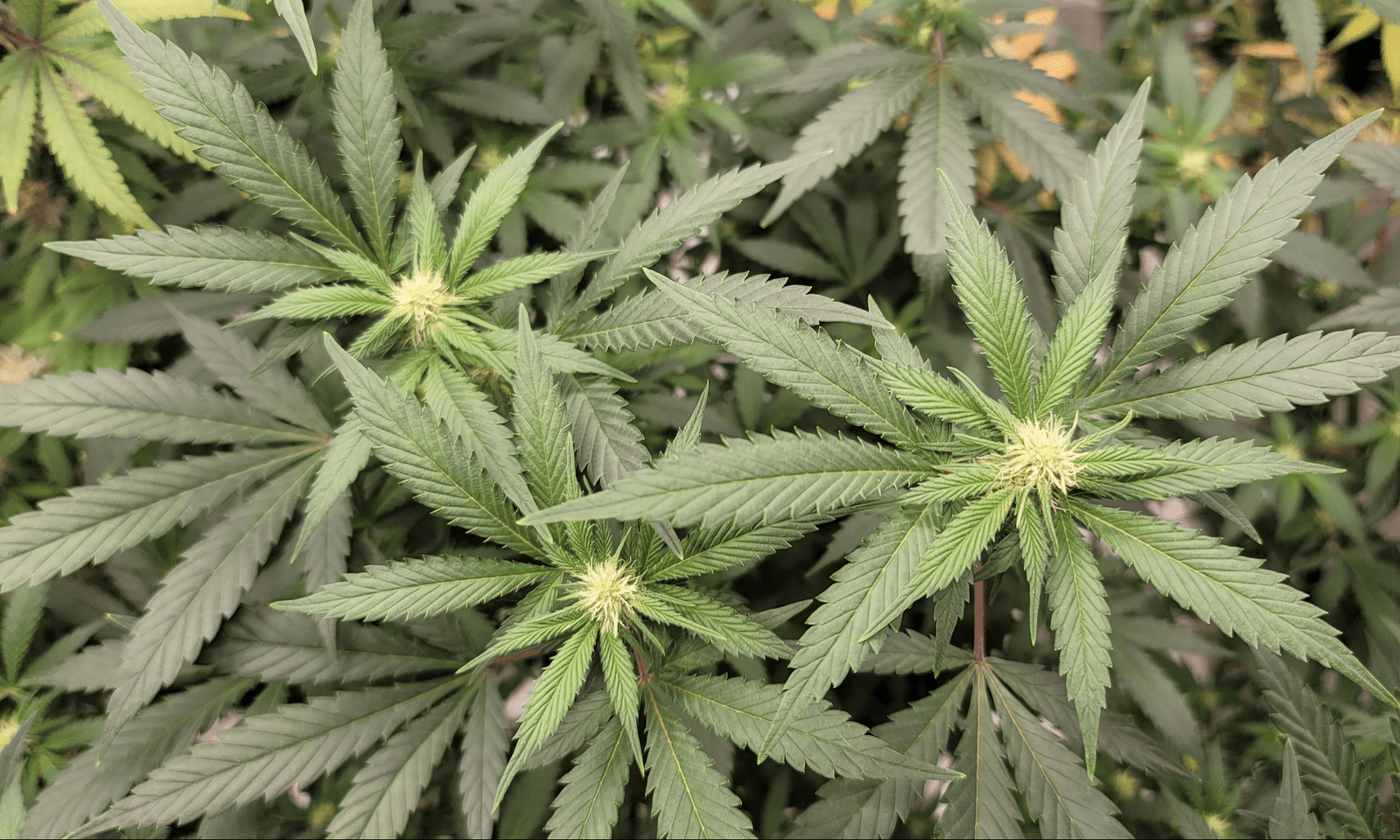Key Democratic lawmakers in Pennsylvania are expressing optimism about reaching a compromise on cannabis legalization within the next few weeks. This follows the Senate’s rejection of a House-passed bill that proposed state-run cannabis stores, which was killed in a Senate committee.
During a recent podcast episode, Senator Sharif Street (D) discussed the path forward with Representative Rick Krajewski (D), a sponsor of the legislation. They aim to pass a legalization bill through the legislature and have it signed by the governor before the July budget deadline. Although Krajewski’s initial bill, co-sponsored with Representative Dan Frankel (D), faced opposition in the Senate, Street remains hopeful that an amended version can gain bipartisan support.
Street highlighted the challenges posed by the Senate’s narrow Republican majority and the need to craft legislation that appeals to both parties. There is skepticism among Senate Republicans regarding the Liquor Control Board’s proposed oversight of cannabis shops, a component of Krajewski’s plan. Nonetheless, Street stated that there is a “real good possibility” for reviving the bill and moving forward with a viable proposal.
Street is in discussions with Senator Dan Laughlin (R), who has shown willingness to collaborate on bipartisan marijuana legislation. Laughlin’s committee recently rejected the House bill but has indicated a willingness to amend it for reconsideration. Street noted that both parties expressed interest in legalizing cannabis, but many were not ready to support the specific provisions of the House bill.
Krajewski conveyed his openness to revising the proposed state-run store model, recognizing the need for compromise to advance the discussion. He and Frankel do not view the state-controlled sales model as a non-negotiable aspect of the legislation. Krajewski emphasized that the aim of House Bill 1200 was to initiate a dialogue on cannabis legalization and that he remains optimistic about finding a suitable solution.
The urgency to pass the legislation is underscored by public demand for legalization. Governor Josh Shapiro (D) criticized the Senate for dismissing the House bill, arguing that it disregards the majority of voters who support legalization. Polls indicate that a significant portion of Pennsylvania residents favors a model that allows private businesses to sell cannabis rather than a state-run system.
In a recent interview, Shapiro reiterated the need for legalization, stating that neighboring states that have legalized cannabis are reaping tax benefits that Pennsylvania is missing out on. He stressed that the legalization of cannabis addresses public safety concerns associated with the unregulated market, including the risk of dangerous substances being mixed with cannabis products.
While there is bipartisan support for legalization among voters, legislative action remains stalled largely due to Republican opposition. Some GOP lawmakers have expressed interest in crafting a bill that could successfully pass through the Senate. However, Senate Majority Leader Joe Pittman (R) noted a lack of consensus among various factions regarding prioritizing cannabis reform.
Despite the challenges, recent surveys show a significant shift in public opinion, with support for legalization rising and opposition decreasing over the past decade. The push for cannabis legalization is further complicated by internal disagreements among pro-legalization legislators and differing views on regulatory approaches.
As discussions continue, Pennsylvania lawmakers face the task of uniting various perspectives to create a workable cannabis legalization framework. This effort includes potential amendments to the rejected House bill and ongoing negotiations to address the concerns of both parties. With the legislative session progressing, the coming weeks will be crucial for determining the future of cannabis legalization in Pennsylvania.

